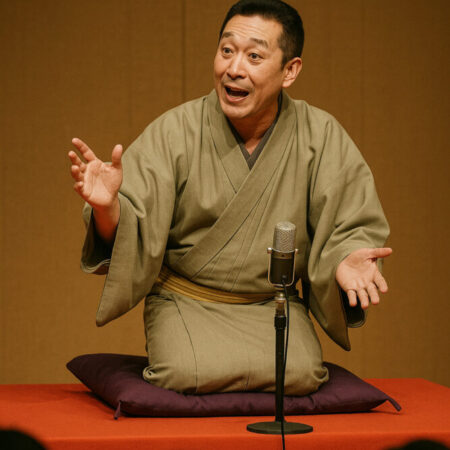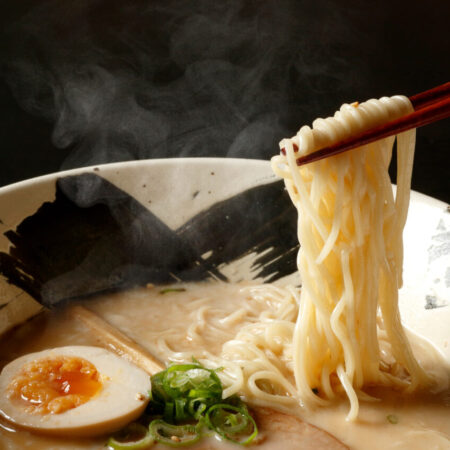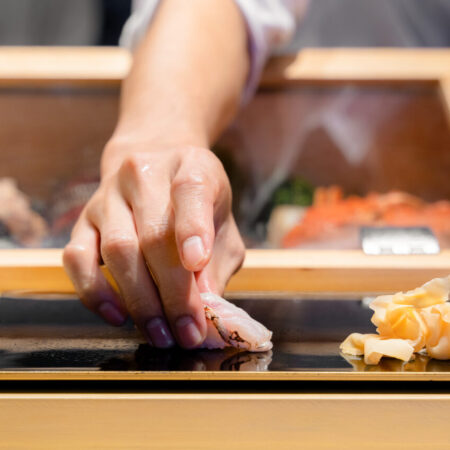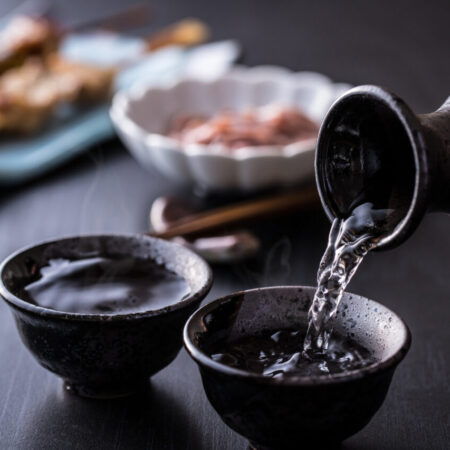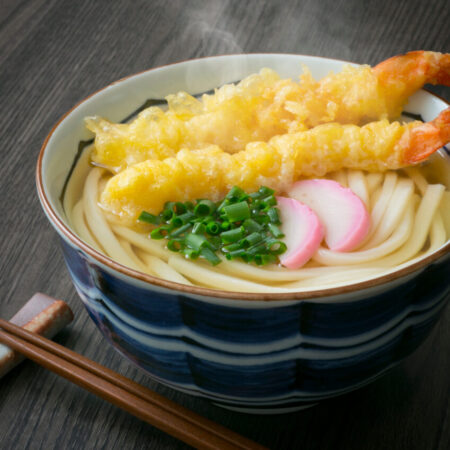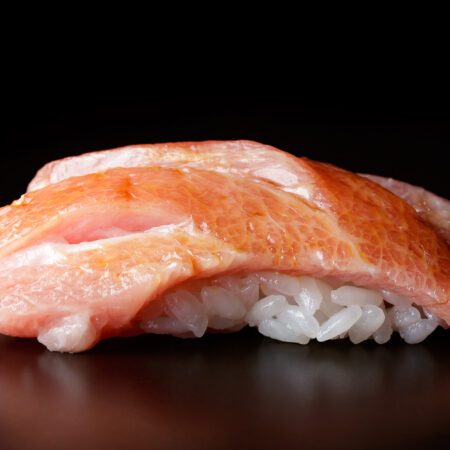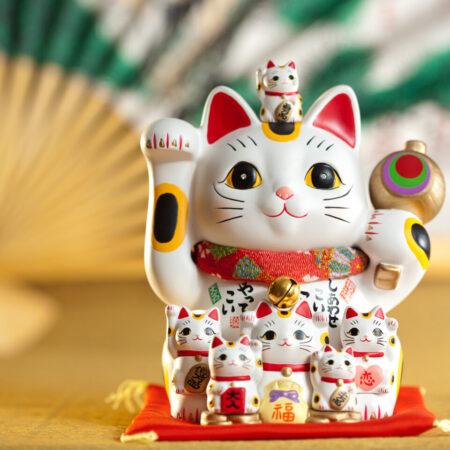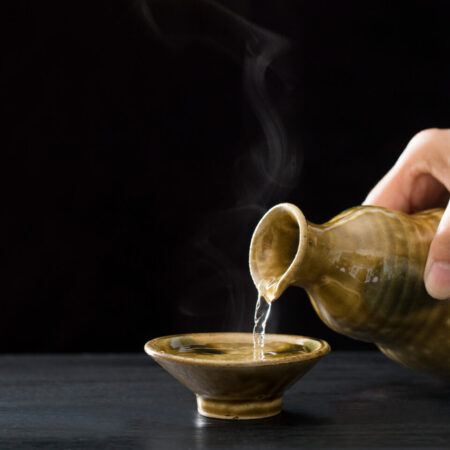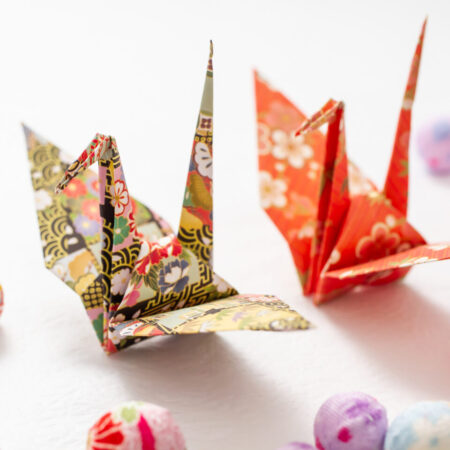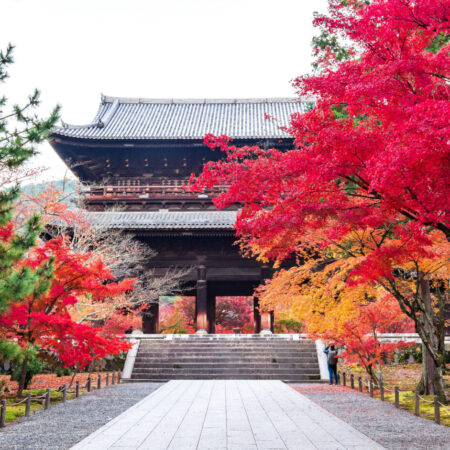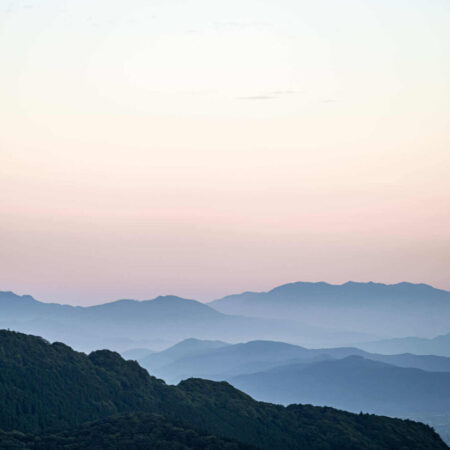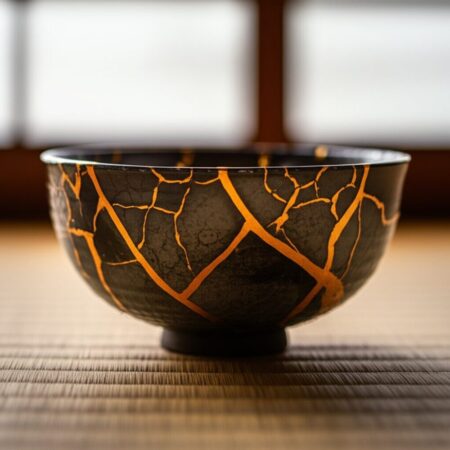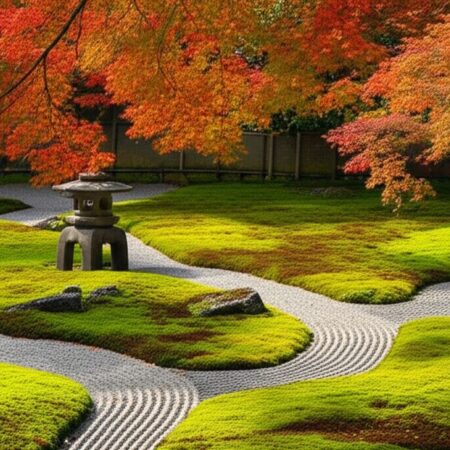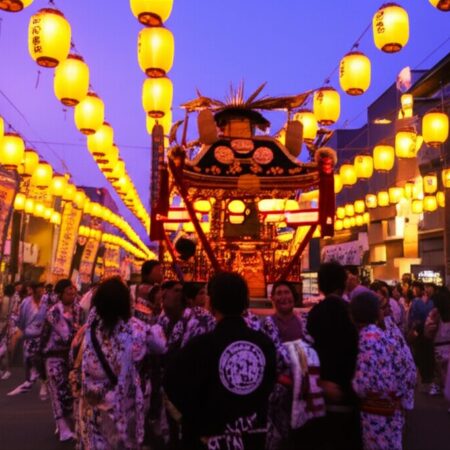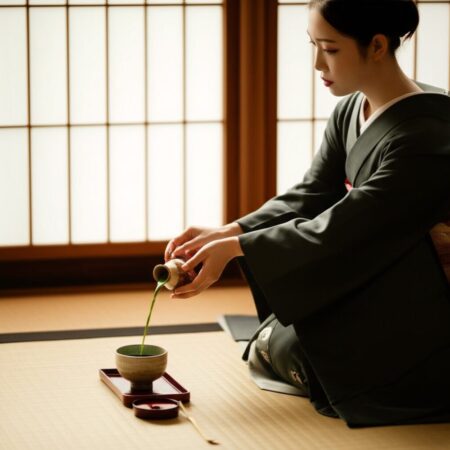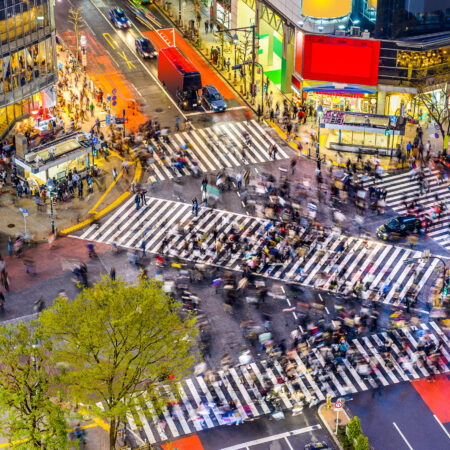To sleep with one’s head facing north is known as “sleeping northward” in Japan. Within the framework of traditional Japanese culture, it is believed to be of bad omen. This belief has historical and religious backgrounds attached to it. But do you know why it’s considered unlucky? Interestingly, there are also theories that argue sleeping northward can actually be auspicious. This article aims to shed light on both sides of the coin.
Introduction
Superstitions
Comparison with Other Countries
While there are various origins to the superstition, the most widely accepted one is that “it’s the direction in which the deceased are laid to rest.” In Buddhism, this sleeping posture is precisely referred to as “head-north, face-west, right-side-down”, and it’s believed to be the posture of Buddha at the time of his passing. Specifically, with the head to the north and face turned westwards, lying on the right side. Emulating this pose of the Buddha is a way of wishing for the deceased to reach him peacefully. This custom is unique to Japan. In contrast, other countries don’t necessarily view the northward sleep negatively. In India, paradise is believed to lie to the north, while the south is associated with the realm of the dead, making northward sleeping preferable. In China, where Feng Shui is prevalent, good luck is believed to come from the north, so there’s no bad omen associated with sleeping that way. Western countries, where Buddhism isn’t deeply ingrained, also don’t have any special notions about sleeping northward.
Reasons
Why is Sleeping Northward Considered Unlucky in Japan?
As mentioned above, the aversion to sleeping northward is unique to Japanese culture, and it isn’t frowned upon internationally. But what led to its strong negative association in Japan?
▪️Association with Death The northward sleeping posture originally signifies the moment when Buddha attained enlightenment and breathed his last. In Buddhist-centric Japan, it’s customary to lay the deceased with their heads to the north. This has cemented the association between northward sleeping and death, leading to the belief that it’s unlucky.
▪️Sleeping Northward Cools the Body Japan’s traditional homes, not as airtight as modern structures, were susceptible to draughts. The northern side, away from direct sunlight, tended to be cooler. Sleeping with one’s head facing this direction might result in catching colds or other health issues, reinforcing the belief. However, with modern homes being better insulated, there may no longer be a compelling reason to avoid sleeping northward.
finally
Is Sleeping Northward Really Bad?
Though traditionally viewed as unlucky in Japan due to its association with death, Feng Shui sees sleeping northward as a means to enhance one’s wealth and health. People might choose to sleep northward due to room layout or not believing in the old tales. Whether you believe in these traditions or not is entirely up to you, but it’s interesting to know and understand this facet of Japanese folklore. By doing so, you’ll be better informed about daily life choices and have a deeper appreciation for cultural nuances.
CULTURE
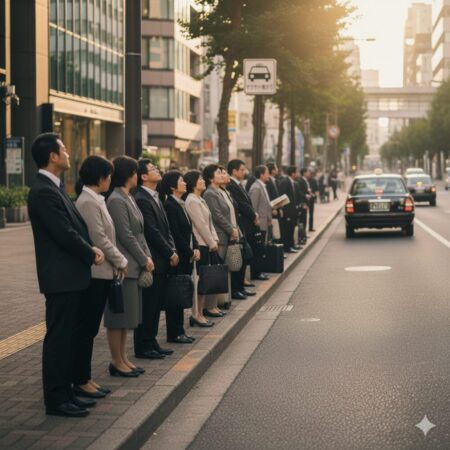
Why Do Japanese People Line Up So Perfectly?

What Is Yokai?
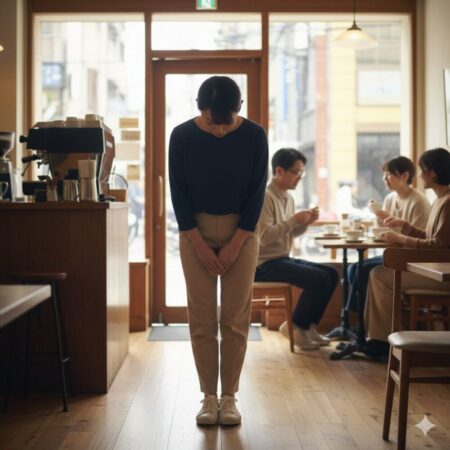
Why Do Japanese People Bow So Often?
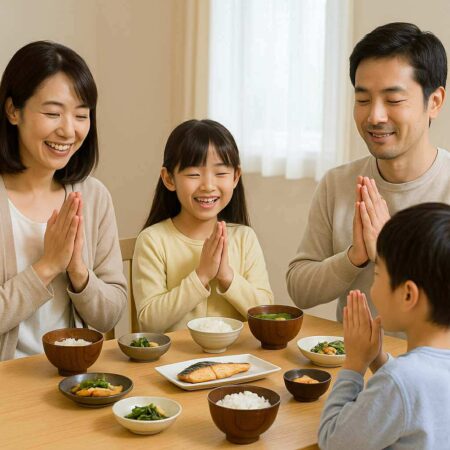
Why do Japanese people say “Itadakimasu”?
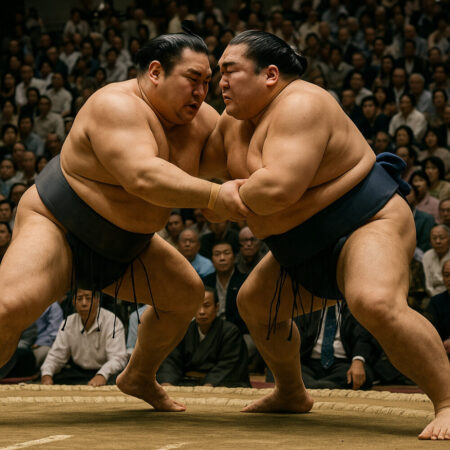
5 Fascinating Trivia about the Traditional Japanese Sport, “Sumo”
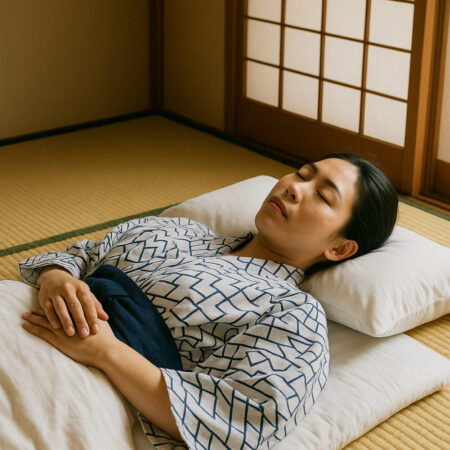
Why is Sleeping with Your Head to the North Bad? The Reason Lies in Old Japanese Folklore
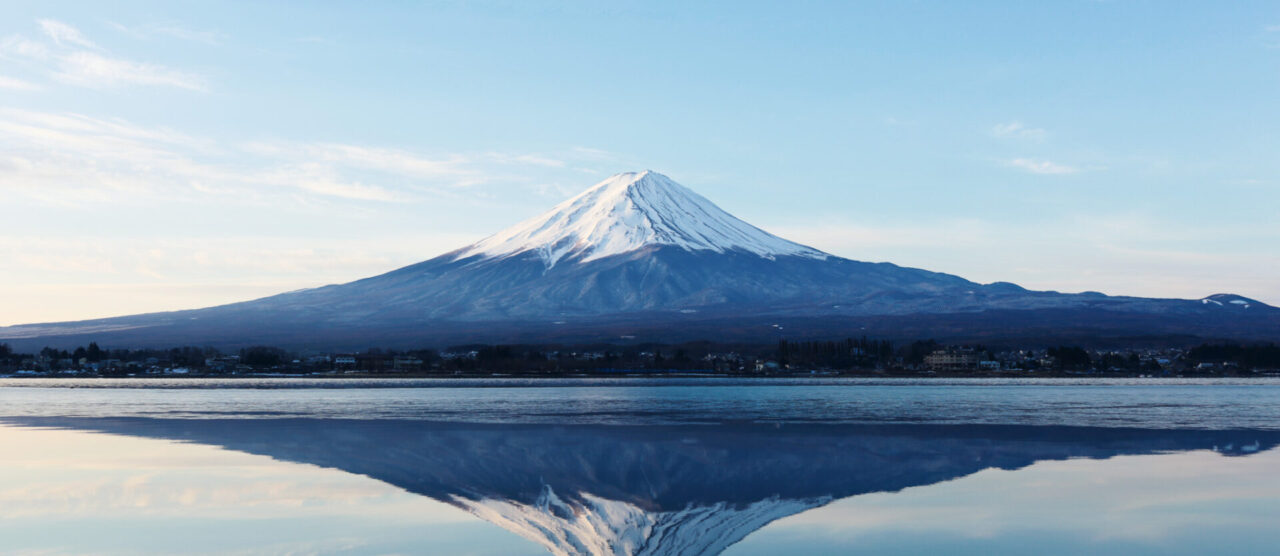
Recommended Halloween Events for 2023
